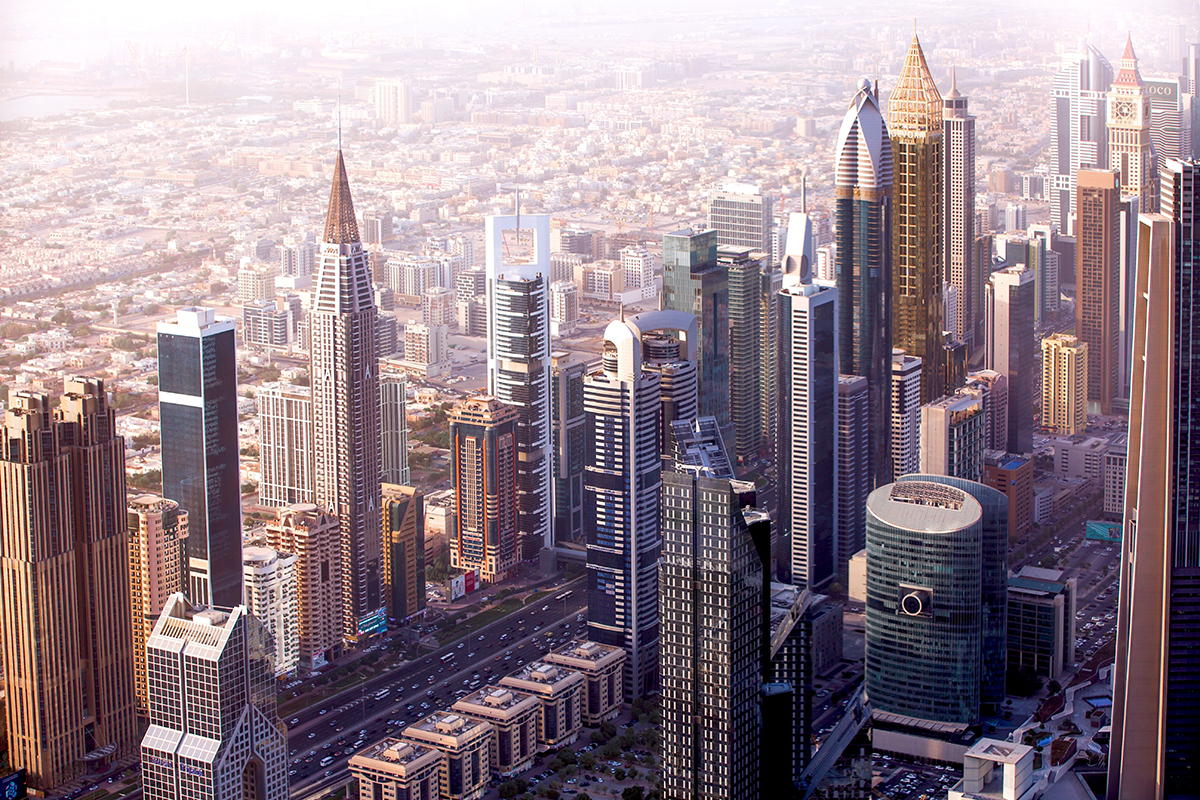Dubai’s capital markets are playing a pivotal role in advancing the Emirate’s ambition of becoming a global top four financial hub, with foreign investor participation now a defining feature of market activity, according to a new report launched by HSBC in the UAE.
Unveiled at the Capital Market Summit 2025, hosted by Dubai Financial Market (DFM), “Strategy to Scale: Dubai’s Blueprint for Capital Market Growth” report unpacks how the fast-moving internationalisation of its equity and debt capital markets combined with an expansive structural reform agenda are bringing Dubai closer to its goal of being recognised among the world’s top financial hubs, as outlined under D33 economic vision.
Mohamed Al Marzooqi, CEO, UAE, HSBC Bank Middle East said: “The sheer pace of change driving Dubai’s capital markets growth requires consistent and clear guidance for new investors, particularly as an accelerating influx of institutional capital from right across the investment spectrum seeks to navigate and harness the region’s dynamic opportunities.”
Dubai is a global financial hub
The report explores the broadening and internationalisation of its equity capital markets, including potential enhancements to secondary market deal flow and liquidity, and the technological initiatives to strengthen the financing ecosystem:
- Between 2016 to 2024, the DFM provided investors with higher returns than the broader MSCI EM Index, achieving a 4.9 annualised US dollar return compared to 2.8 per cent for the broader emerging markets index
- Foreign investors accounted for half of all trading on the DFM at the end of 2024 and represented 85 per cent of all investors that registered with DFM in 2024, reflecting Dubai’s international appeal
- In 2024, the number of wealth and asset managers operating in Dubai International Financial Centre (DIFC) rose 16 per cent year-on-year to 410, including 75 hedge funds of which 48 have more than $1bn ($272m) under management, underscoring the changing shape of international investors
- In 2024, Dubai accounted for 2.2 per cent of global IPO volumes and hosted the world’s largest tech IPO of the year – for on-demand food, grocery and retail delivery platform, Talabat
Samer Deghaili, Co-Head of Investment Banking, Middle East, North Africa and Türkiye, HSBC, said: “Dubai has opened up new pathways for issuers and investors across equity and debt capital markets. IPOs have been enjoying strong, often record-breaking demand, while its leading DCM hub status is providing an expanding universe of issuers with comprehensive options to raise funding in both foreign and the local currency.”
According to the report, the city’s debt capital markets are not only flourishing for its own credit universe, but for the world’s, underpinned by an expanding DCM universe of local and international issuers.
With one of the most developed debt capital markets in the MENA region, Nasdaq Dubai’s growth as a global listing venue is encouraging more international issuers to bring deals to the Middle East, especially from Asia:
- Chinese corporations are increasingly turning to the emirate, with more than $22bn in debt on the exchange at the end of 2024
- Dubai’s attractiveness as a listing destination is underscored by the fact that non-UAE fixed income issuers accounted for a full 45 per cent of fixed income listings outstanding on the exchange in 2024
- The UAE credit universe also had an active 2024, ranking as the third-largest dollar debt issuers from the emerging markets (excluding China)
- Last year saw the value of outstanding Sukuk listed across Nasdaq Dubai and DFM reach $97.8bn
- Sukuk issuance across all currencies rose 42 per cent year-on-year to $4.71bn in Q1 2025, accounting for 76 per cent of all debt capital market activity on Nasdaq Dubai during the period




